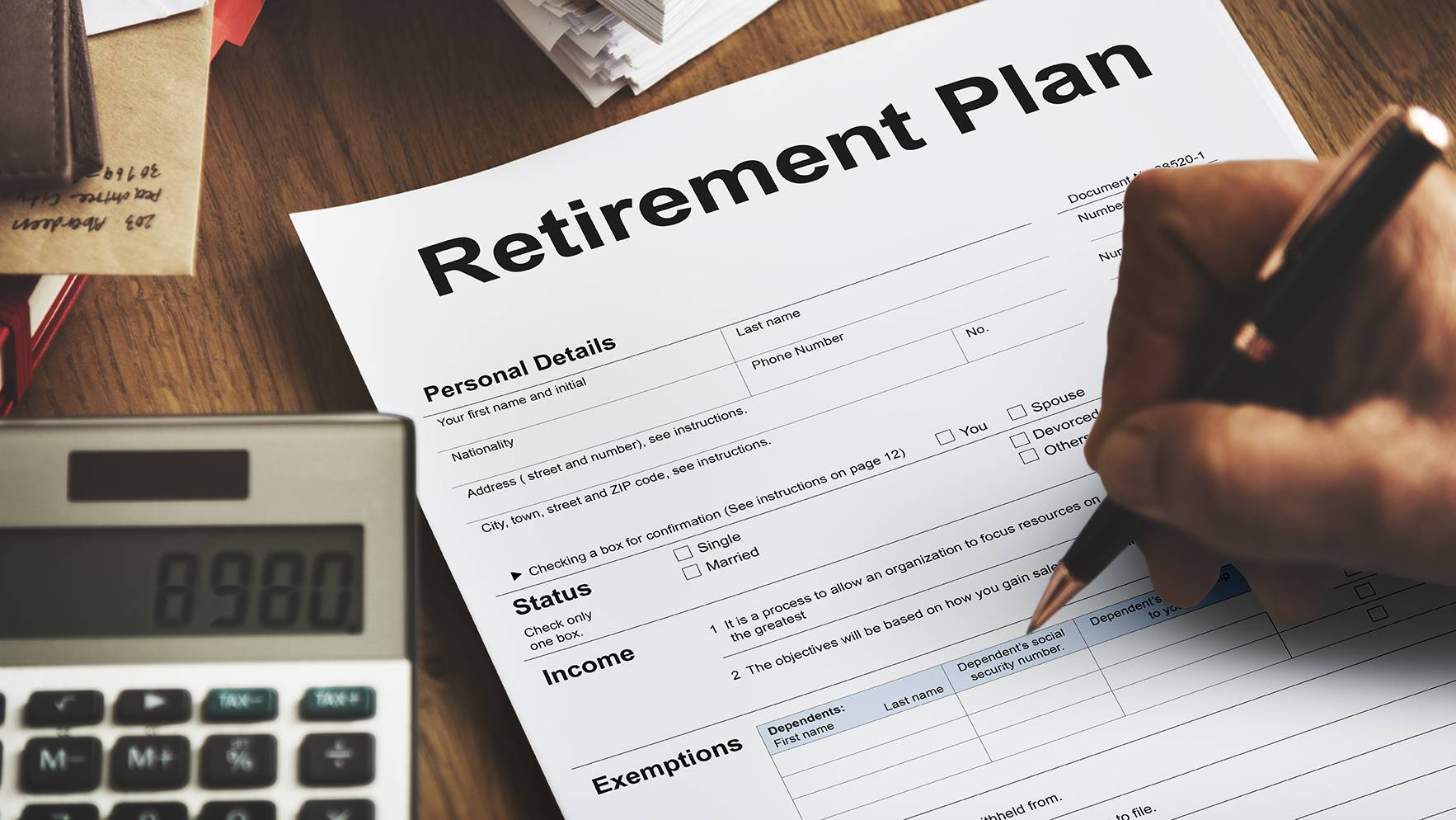Self-Study
Small Business Tax Guide
A Small Business Tax Guide on key tax rules and strategies, from vehicle deductions to payroll taxes, to maximize savings, and optimize tax planning for your small business.

$290.00 – $320.00
Webcasts are available for viewing Monday – Saturday, 8am – 8pm ET.
Without FlexCast, you must start with enough time to finish. (1 Hr/Credit)
Please fill out the form below and we will reach out as soon as possible.
CPE Credits
10 Credits: Taxes
Course Level
Overview
Format
Self-Study
Course Description
The owner of a small business who has a reasonable knowledge of tax issues can save a substantial amount of money. The Small Business Tax Guide keeps you informed of the tax rules, so that you can take advantage of what the law allows. To this end, this small business taxation course covers such matters as vehicle expense deductions, accelerated depreciation, payroll tax requirements, the deductibility of fringe benefits, the home office deduction, tax considerations for a family business, and much more.
Learning Objectives
Upon successful completion of this course, participants will be able to:
- Identify the types of laws and how they are created.
- Specify the characteristics of the marginal tax rate.
- Describe how the constructive receipt concept works.
- Identify what constitutes a capital expense.
- Specify how to deal with start-up and organizational costs.
- Identify which business expenses can be immediately deducted.
- Recall the characteristics of tangible and intangible assets.
- Specify the various types of listed property.
- Describe the rules pertaining to Section 179 expensing.
- Specify the characteristics of depreciable assets.
- Specify the rules used to control the amount of net operating losses recognized.
- Specify the characteristics of contractors and employees.
- Recall how the Form W-4 is used.
- Recall the payroll tax requirements for a self-employed person.
- Specify the methods used to calculate payroll for employees.
- Identify the deposit schedules used to send payroll taxes to the government.
- Recall the circumstances under which the Form 941 must be filed.
- Recall the calculation method for the federal unemployment tax.
- Specify the tax implications of the various employee benefit types.
- Identify the factors that indicate whether an operation is a hobby activity.
- Recall the advantages and disadvantages of the various business entity types.
- Specify the tax issues pertaining to a partnership.
- Identify the types of entities that could be classified as a personal services corporation.
- Recall why the dividends received deduction is used.
- Specify how an S corporation can lose its status.
- Identify the tax issues related to a family-owned business.
- Recall the tests to see if the home office deduction can be used.
- Specify the methods used to determine the amount of the home office deduction.
- Identify the characteristics of the various types of acquisitions.
- Recall how appraisal rights are to be used in an acquisition.
- Specify the outcome of an asset acquisition.
- Identify the process for appealing an adverse examination report.
- Recall the contents of the Taxpayer Bill of Rights.
Course Specifics
SS824369834
April 9, 2025
There are no prerequisites.
None
234
Compliance Information
IRS Provider Number: 0MYXB
IRS Course Number: 0MYXB-T-02439-24-S
IRS Federal Tax Law Credits: 10
CTEC Course Number: 2071-CE-2000
CTEC Federal Tax Law Credits: 10
CFP Notice: Not all courses that qualify for CFP® credit are registered by Western CPE. If a course does not have a CFP registration number in the compliance section, the continuing education will need to be individually reported with the CFP Board. For more information on the reporting process, required documentation, processing fee, etc., contact the CFP Board. CFP Professionals must take each course in it’s entirety, the CFP Board DOES NOT accept partial credits for courses.
CTEC Notice: California Tax Education Council DOES NOT allow partial credit, course must be taken in entirety. Western CPE has been approved by the California Tax Education Council to offer continuing education courses that count as credit towards the annual “continuing education” requirement imposed by the State of California for CTEC Registered Tax Preparers. A listing of additional requirements to register as a tax preparer may be obtained by contacting CTEC at P.O. Box 2890, Sacramento, CA, 95812-2890, by phone toll-free at (877) 850-2832, or on the Internet at www.ctec.org.
Meet The Experts

Steven M. Bragg, CPA, is a full-time book and course author who has written more than 300 business books and courses. He provides Western CPE with self-study courses in the areas of accounting and finance, with an emphasis on the practical application of accounting standards and management techniques. A sampling of his courses include the The New Controller Guidebook, The GAAP Guidebook, Accountants’ Guidebook, and Closing the Books: An Accountant’s Guide. He also manages the Accounting Best Practices podcast. Steven has been the CFO or controller of both public and private companies and has been a consulting manager with Ernst & Young and …



